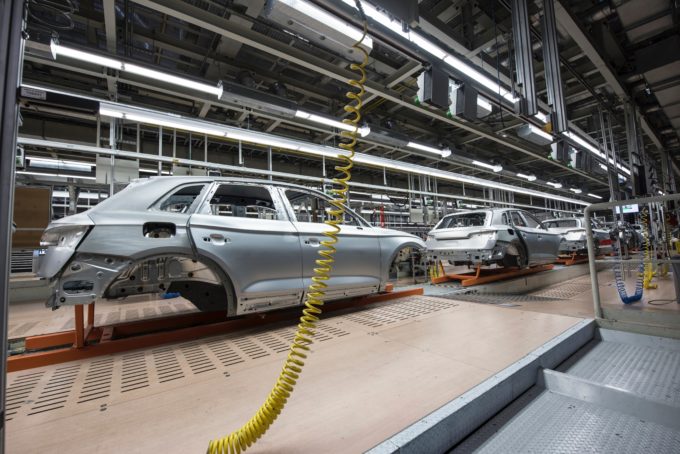Supply chain costs are soaring
It’s not just rising wage costs that multinationals with long and lean supply chains are contending with. The cost of coordination has soared in recent years as supply chains have expanded internationally, reducing agility and responsiveness and creating uncertainty over lead times for customers.
Companies must consider the total acquisition cost incurred to make the component or service available for use, including packaging, transportation, customs, tariffs, exchange rate insurance, and so on. If these costs rise to the point where they become a competitive disadvantage, then the localization of sourcing makes good business sense.
Reordering complex value chains may once have seemed economically unfeasible, but government subsidies have increasingly lowered the cost burden. Japan, for one, last year created a fund worth more than $2 billion to help companies shift production away from China and reshore in Japan or diversify supply nearby.
In addition, the advent of Industry 4.0, driven by artificial intelligence and robotics, may enable companies to automate routine, labour-intensive activities that were outsourced to developing countries, and integrate multiple stages of production (manufacturing, distribution and warehousing) back home, further lowering costs.
Amazon is the market leader in warehouse automation following its 2012 acquisition of Kiva Systems, a mobile robotic fulfilment company. Amazon has hundreds of thousands of robots working in its warehouses, with direct labor cost savings amounting to billions of dollars by some estimates.
Automation will become increasingly appealing as a solution to the acute labor shortages facing many companies today. Indeed, a key consideration for reshoring has been whether the country has developed a favourable ecosystem including the availability of skilled labor along with an extensive supplier base. Relying on a single supplier will inevitably raise costs as they are likely to drive a harder bargain at the negotiating table.








 Audio available
Audio available
